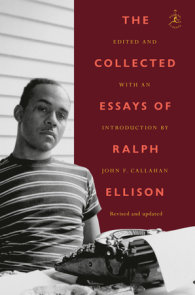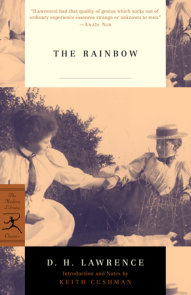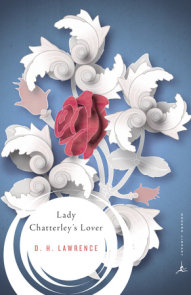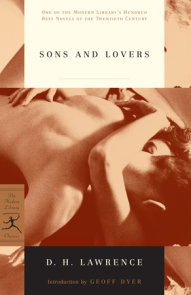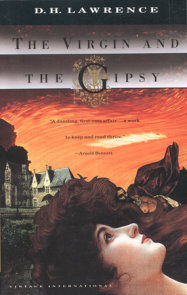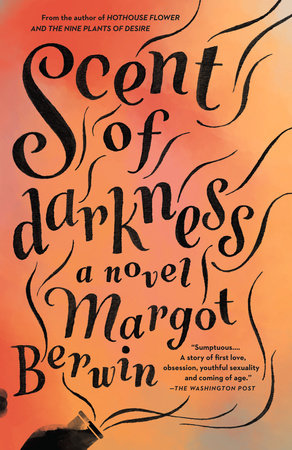

Add to Bookshelf
The Lost Girl
By D.H. Lawrence
Introduction by Lee Siegel
By D.H. Lawrence
Introduction by Lee Siegel
By D.H. Lawrence
Introduction by Lee Siegel
By D.H. Lawrence
Introduction by Lee Siegel
Best Seller
Part of Modern Library Classics
Part of Modern Library Classics
Category: Classic Fiction | Literary Fiction | Historical Romance
Category: Classic Fiction | Literary Fiction | Historical Romance

Paperback
$23.00
Oct 21, 2003 | ISBN 9780812969979
-
$23.00
Oct 21, 2003 | ISBN 9780812969979
-
Dec 18, 2007 | ISBN 9780307432407
YOU MAY ALSO LIKE
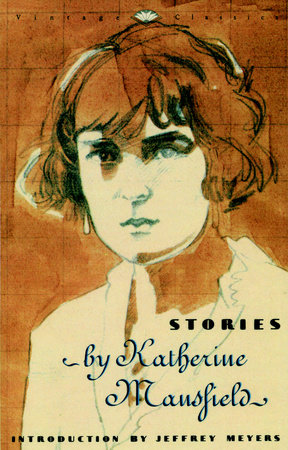
Stories
Paperback
$22.00
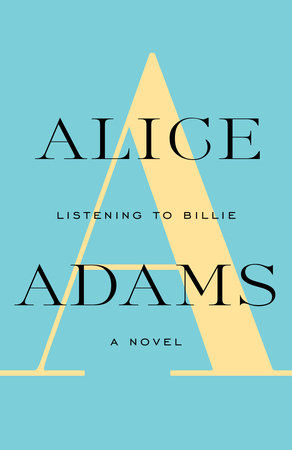
LISTENING TO BILLIE
Ebook
$7.99
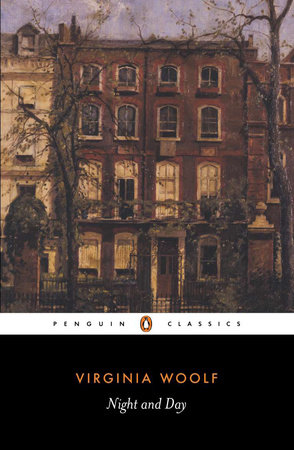
Night and Day
Paperback
$18.00
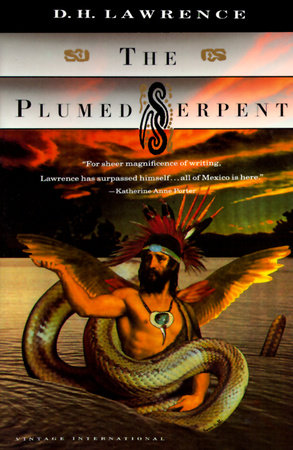
The Plumed Serpent
Paperback
$18.00
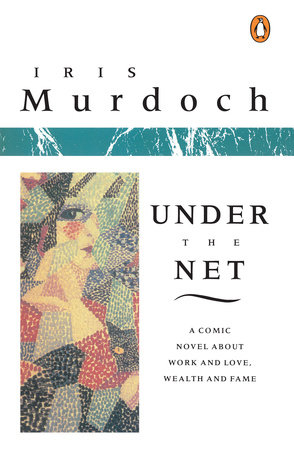
Under the Net
Paperback
$16.00
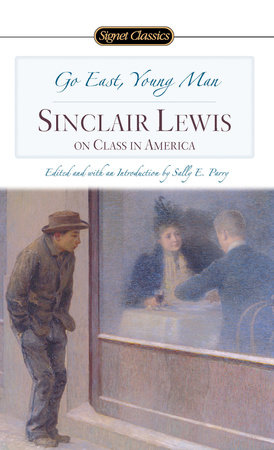
Go East, Young Man
Ebook
$6.99
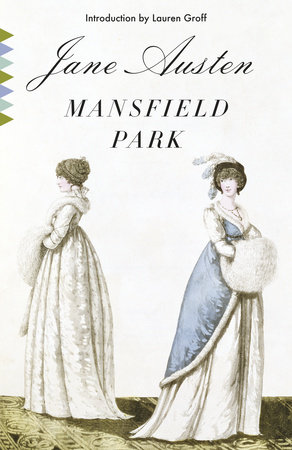
Mansfield Park
Paperback
$13.00
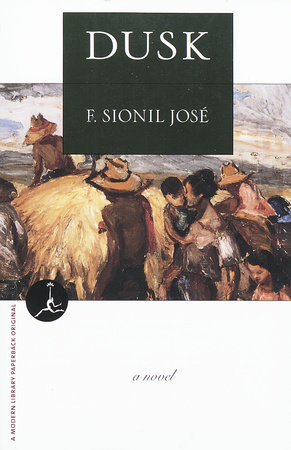
Dusk
Paperback
$21.00
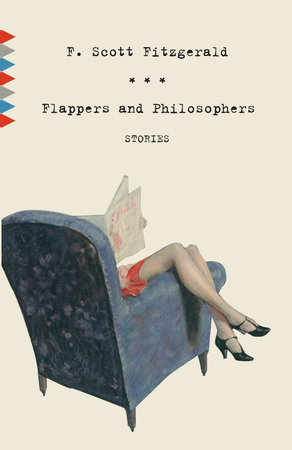
Flappers and Philosophers
Paperback
$11.00
Praise
“[Lawrence was] a writer with an extraordinary sense of the physical world, of the colour and texture and shape of things, for whom the body was alive and the problems of the body insistent and important.” —Virginia Woolf
Looking for More Great Reads?
21 Books You’ve Been Meaning to Read
21 Books You’ve Been Meaning to Read
×
Become a Member
Just for joining you’ll get personalized recommendations on your dashboard daily and features only for members.
Find Out More Join Now Sign In









